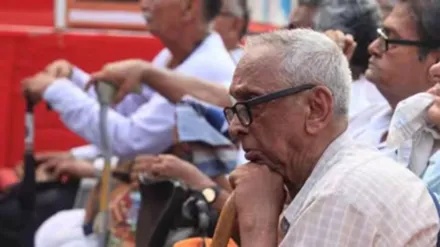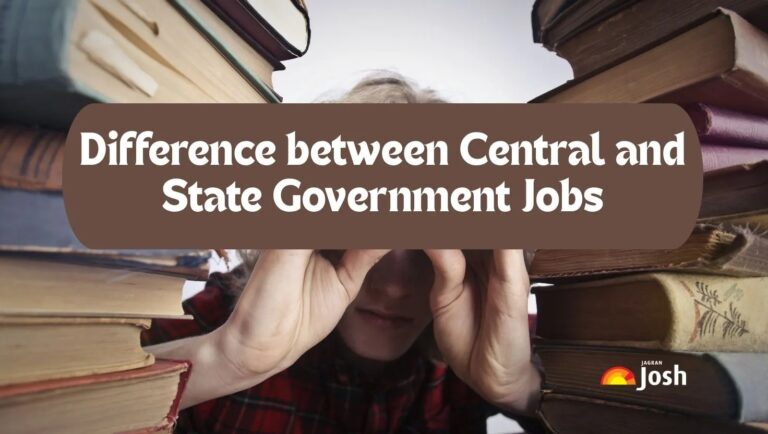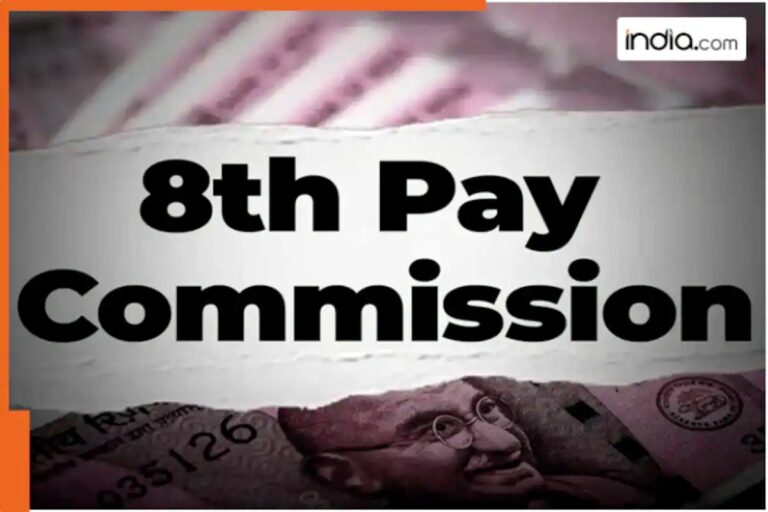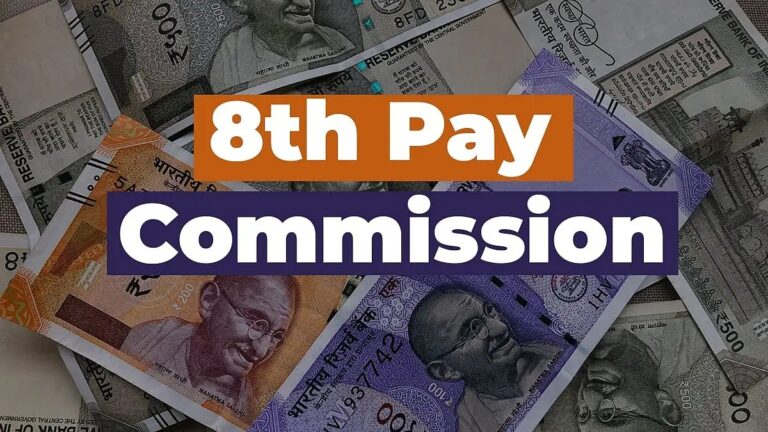
Central Government Employees Raise Critical Concerns During SCOVA Meeting
The 34th meeting of the Standing Committee of Voluntary Agencies (SCOVA) convened at Vigyan Bhavan in Delhi on 11 March 2025, highlighting pressing issues faced by retired government employees and defense pensioners. Union Minister of State (Personnel) chaired the session, where representatives from employee unions, pension associations, and the National Council of JCM (Joint Consultative Machinery) emphasized the need for systemic reforms. Key concerns included delays in pension disbursements, incomplete records on the SPARSH portal, and the complexities of One Rank One Pension (OROP) implementation. The meeting underscored the growing reliance on digital platforms to streamline processes, yet challenges persist in ensuring seamless service delivery for aging pensioners. Employee unions reiterated demands for transparency, faster resolution of grievances, and policy adjustments to address financial hardships, particularly with declining interest rates impacting commutation periods. This gathering marked a critical step in bridging the gap between government officials and pensioners, though the pace of implementation remains a key uncertainty.
SPARSH Portal Faces Criticism for Pensioner Inconvenience
The Ministry of Defense’s SPARSH portal, launched in October 2020, aims to digitize pension administration by consolidating processes under a single platform. However, recent discussions revealed significant hurdles for elderly pensioners, especially those with incomplete records, who struggle with additional pension claims, commutation adjustments, and delayed payments. The portal, operated by the Defense Accounts Department in Prayagraj, was designed to eliminate bureaucratic bottlenecks by enabling online status checks, transaction updates, and complaint registration. Despite these advancements, users report technical glitches, lack of clarity on document requirements, and difficulties in verifying digital life certificates for overseas pensioners. The government acknowledged these issues and directed the Ministry of Defense to publish an FAQ document to address common queries. Critics argue that while digitization offers efficiency, the transition has inadvertently created new barriers for an aging demographic accustomed to traditional, in-person services.
OROP and Pension Commutation: Calls for Policy Reforms
The debate over One Rank One Pension (OROP) and pension commutation emerged as a central theme during the SCOVA meeting. Pensioners demand adjustments to the 15-year recovery period for commuted pensions, citing declining Reserve Bank of India (RBI) interest rates that reduce the value of their savings. Advocates argue that shortening the period to 12 years would preserve more funds for retirees, aligning with global pension practices. Additionally, the government faces pressure to expedite OROP implementation, ensuring equitable treatment for veterans and retired military personnel. The Department of Expenditure has been tasked with evaluating these proposals, but stakeholders warn that delayed reforms could exacerbate financial strain on pensioners. Meanwhile, the Pensioners Association urged the creation of a standardized procedure for family pension claims, emphasizing the need for a simplified process to support widows and dependents facing bureaucratic hurdles in accessing benefits.
Government Commitment and Pending Decisions
Officials at the SCOVA meeting expressed commitment to addressing pensioner grievances, pledging to expedite reforms and enhance communication channels. The government has instructed the Ministry of Defense to finalize an FAQ document for the SPARSH portal, while the Department of Expenditure is reviewing OROP proposals. However, the timeline for implementing these changes remains unclear, leaving pensioners in limbo. The discussion also highlighted the importance of digital literacy training for elderly users, ensuring they can navigate online platforms effectively. Despite assurances of action, many pensioners remain skeptical, citing past delays in policy implementation. As the government prepares to respond to these demands, the focus now shifts to translating commitments into tangible outcomes, with the final decisions expected to shape the future of pension administration in the country.
Broader Implications for Public Sector Welfare
The SCOVA meeting reflects broader challenges in balancing modernization with the needs of an aging workforce. While digital initiatives like SPARSH aim to streamline services, they must be accompanied by robust support systems to avoid disenfranchising vulnerable groups. The debates over OROP and commutation underscore the need for policies that adapt to economic realities, ensuring pensioners are not disproportionately affected by market fluctuations. As the central government navigates these complexities, the success of reforms will depend on proactive engagement with stakeholders and a commitment to transparency. The outcome of these discussions could set a precedent for future welfare policies, emphasizing the importance of inclusive governance in public sector administration.




